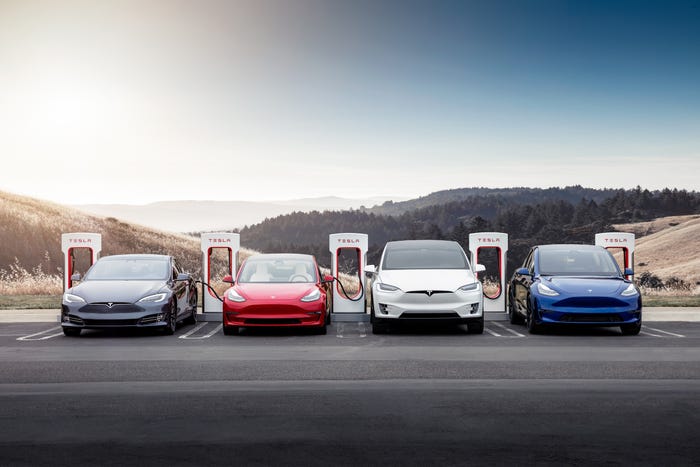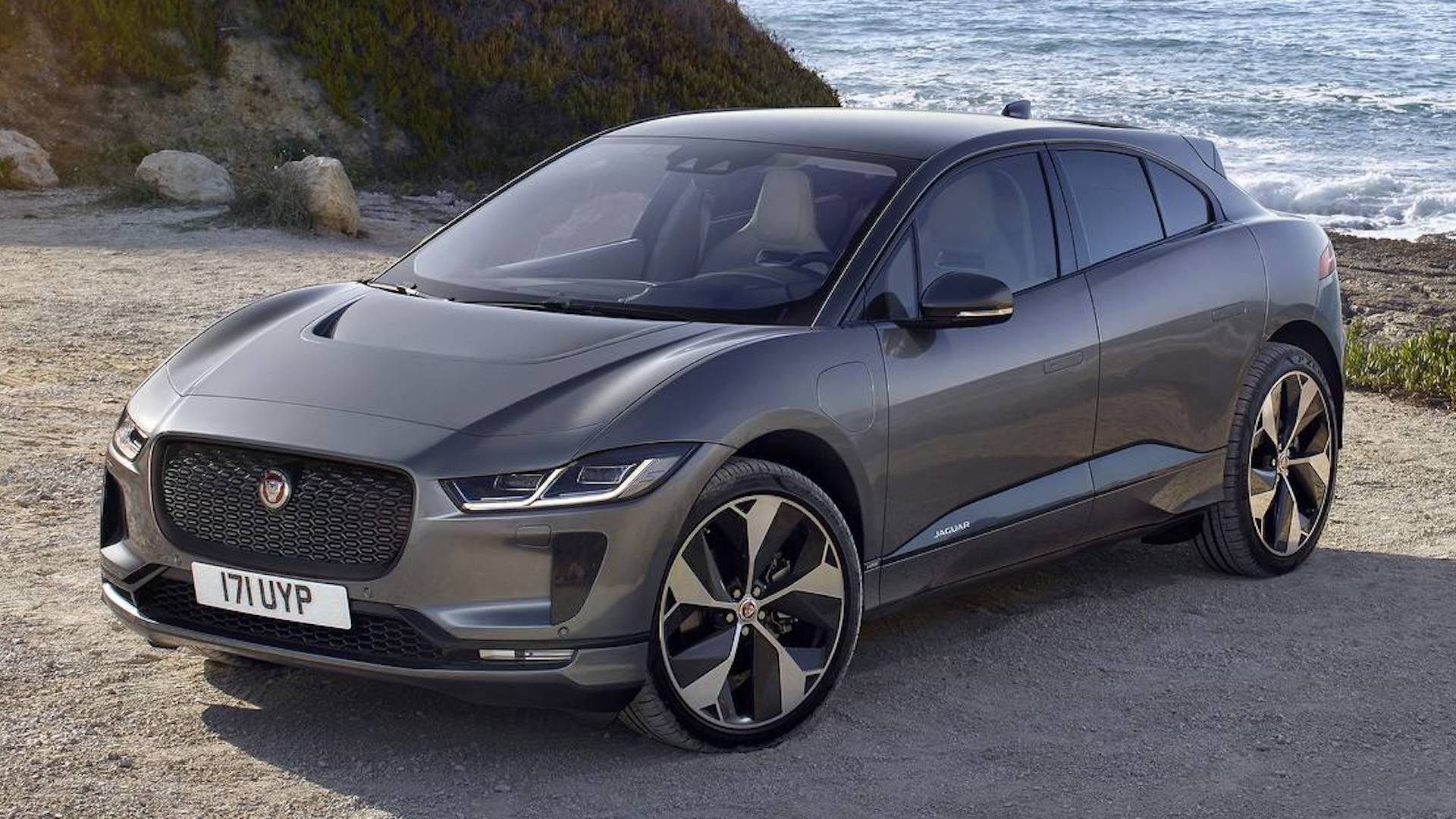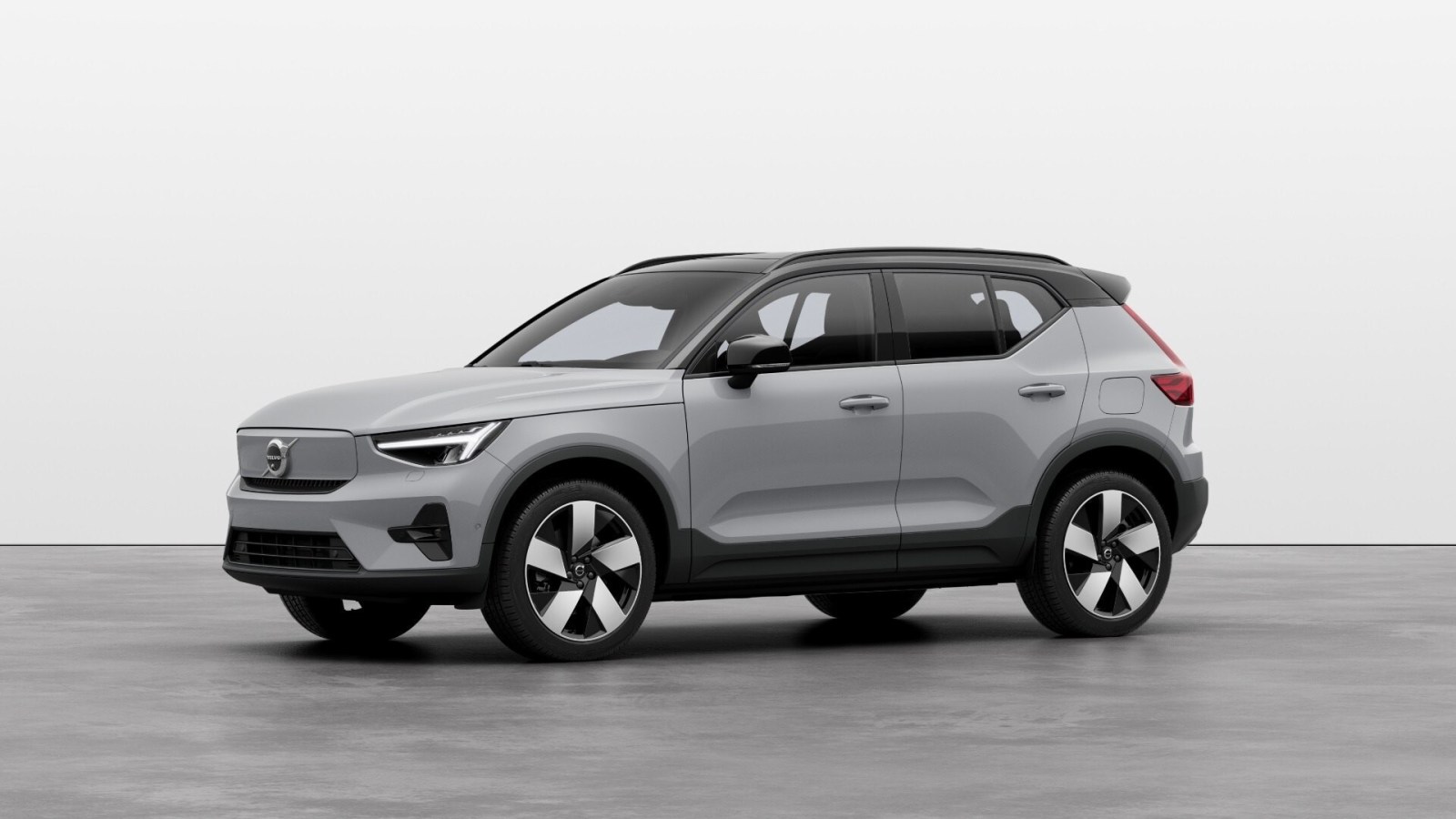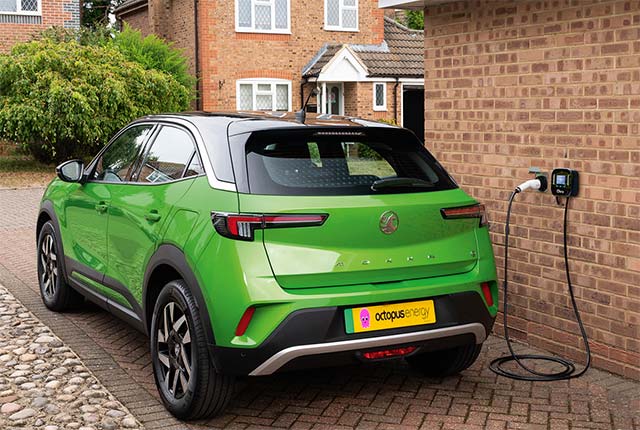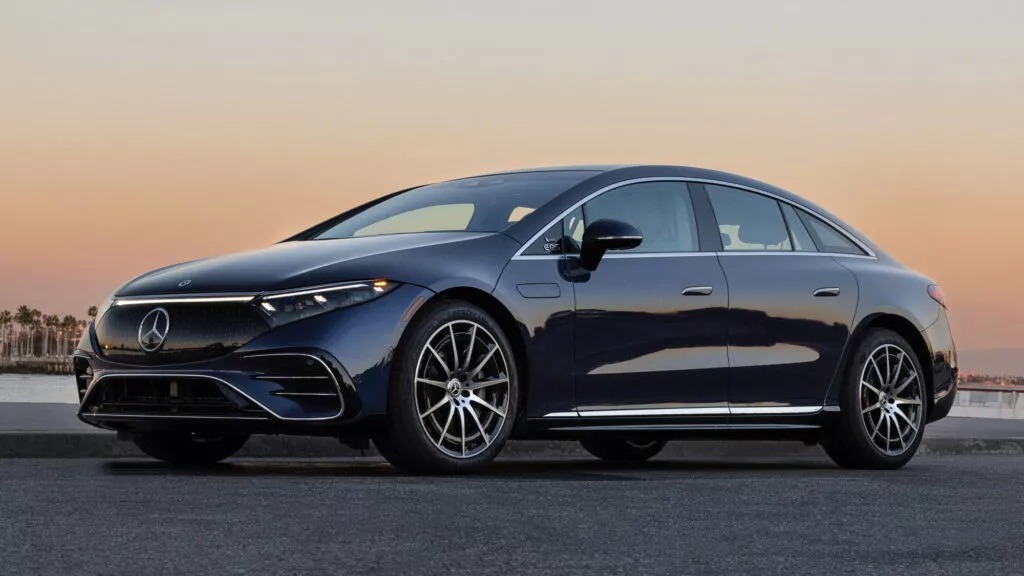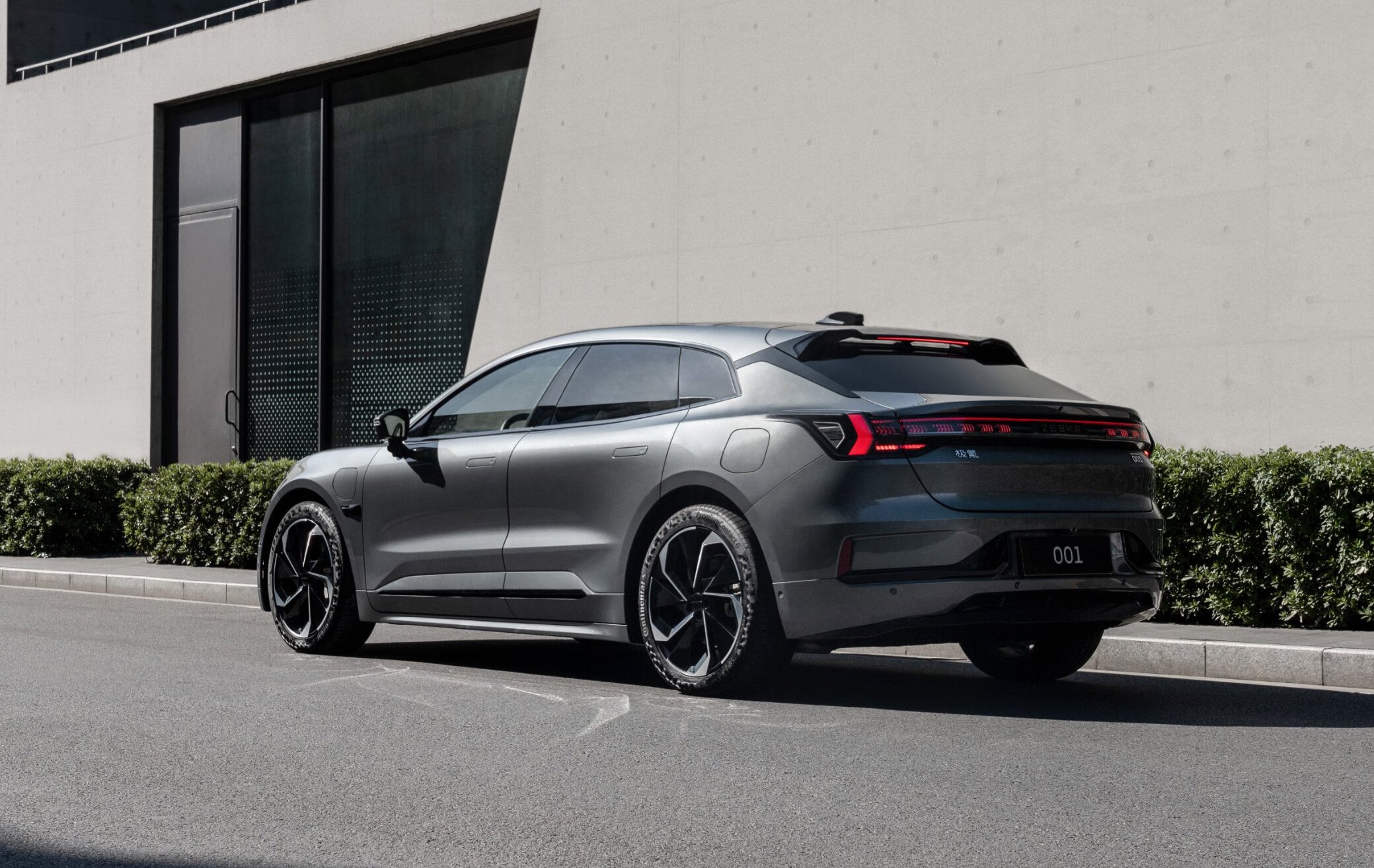In a move that shook the automotive landscape, Tesla boldly ventured into uncharted territory with its direct-to-consumer (DTC) sales model. While some traditional automakers have toyed with the idea of adopting a similar approach, industry executives remain circumspect, showing a hesitancy to fully embrace the paradigm shift.
Historically, established automakers have relied on a dealership-centric business model, with dealers serving as intermediaries between manufacturers and consumers. Contrasting this tradition, Tesla took a leap by allowing customers to directly purchase vehicles from the company’s website, eliminating the negotiation process and streamlining the purchasing experience. Other electric vehicle (EV) startups such as Lucid and Rivian have followed suit, recognizing the potential of this novel approach.
See also: IRS Update Suggests Used Teslas May Qualify for $4,000 EV Tax Credit
Despite the undeniable success of Tesla’s DTC model in disrupting the status quo, a recent study conducted by Kerrigan Advisors casts a shadow of doubt over the industry’s perception. The study, encompassing insights from over 115 automotive executives, uncovers a prevailing skepticism about the widespread adoption of the DTC model in the U.S. automotive market. Notably, more than a third of respondents expressed reservations about the feasibility of this model. Approximately 43% admitted to being uncertain about its potential success, while a more modest 22% displayed a sense of optimism. (Source: Business Insider)
Tesla’s innovative DTC approach has effectively challenged the conventional dealership ecosystem by circumventing intermediaries. In this new landscape, Tesla showrooms serve as spaces for customers to explore vehicles, while actual transactions occur through the online platform. This departure from the established norm has prompted other automakers to contemplate reimagining their retail strategies.
Ford, an industry stalwart, has begun taking cautious steps toward integrating elements of the DTC model into its operations. Ford’s CEO, Jim Farley, divulged that the company’s electric vehicle division has embarked on a path characterized by fixed prices, streamlined shopping experiences, and remote services.
Nonetheless, this transition does not come without its share of obstacles. Auto dealerships, known for their considerable lobbying power, have staunchly resisted the DTC sales model. Their influence has, in certain instances, successfully thwarted Tesla’s efforts to directly sell to consumers within specific states. Undeterred by these challenges, Tesla has explored innovative strategies, including establishing locations on sovereign tribal land where state regulations hold no sway.

